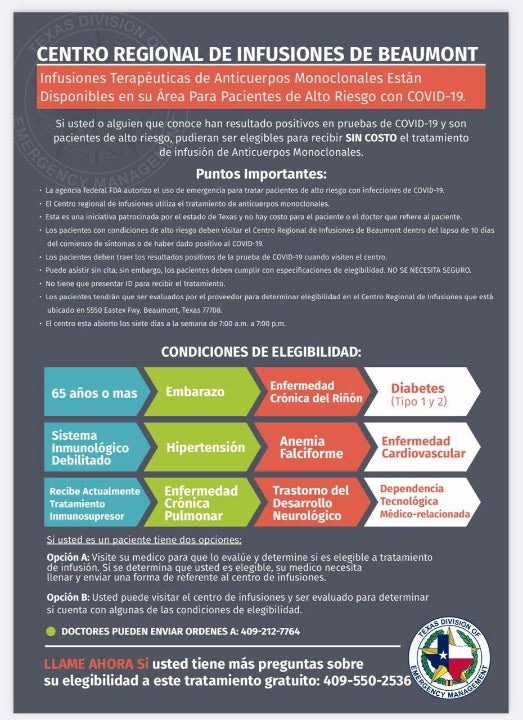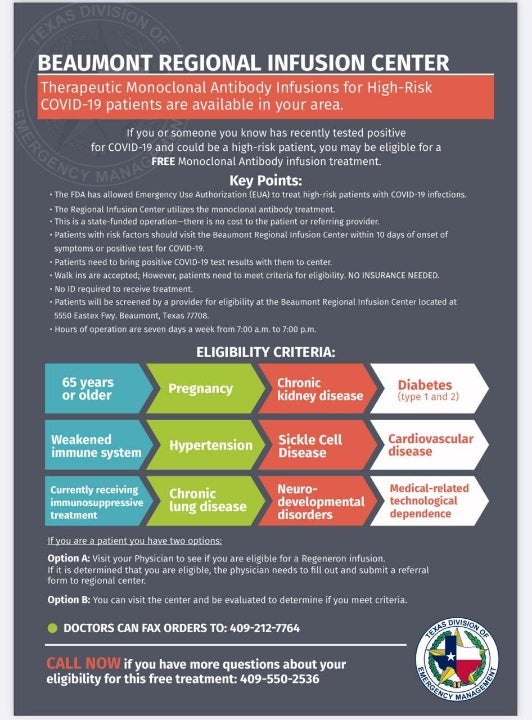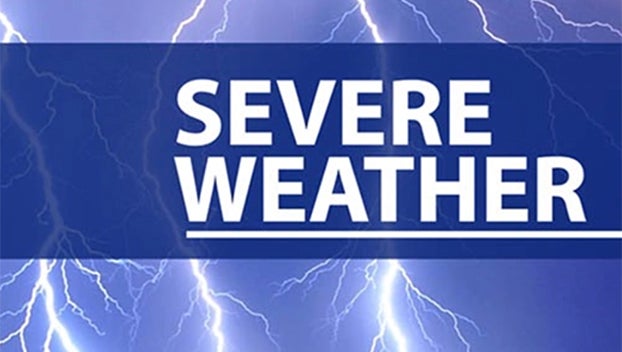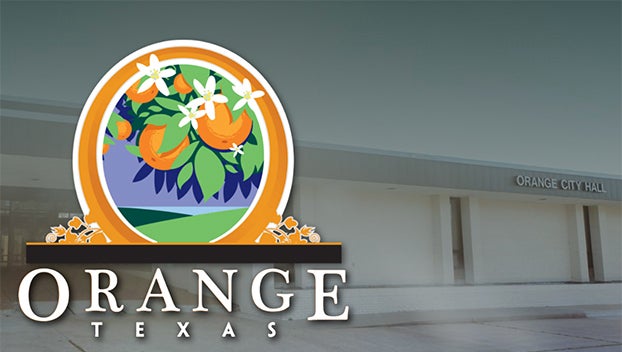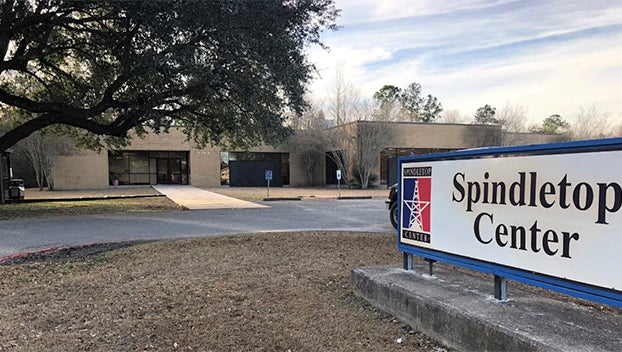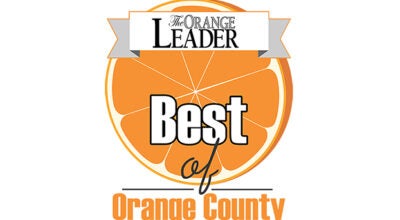Infusion clinic offer hope for those with COVID
Published 6:26 am Wednesday, October 13, 2021
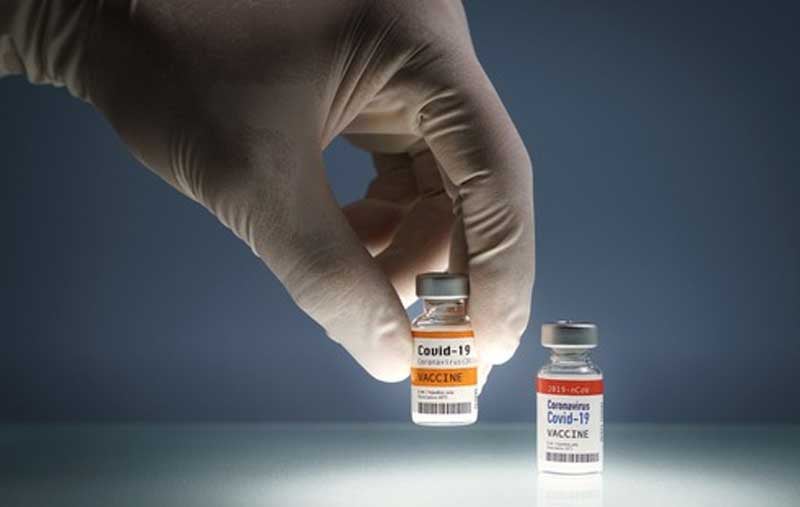
- Courtesy photo Therapeutic Monoclonal Antibody Infusions are available for free at the Beaumont Regional Infusion Clinic located at 5550 Eastex Fwy. in Beaumont. The center is open from 7 a.m. – 7 p.m. seven days a week.
|
Getting your Trinity Audio player ready...
|
An infusion center serving the Golden Triangle area is located in Beaumont and offering Therapeutic Monoclonal Antibody Infusions for high risk COVID-19 patients in the area.
The center opened through the Texas Division of Emergency Management and has provided infusions since the last week of August according to Jefferson County Public Information Officer Allison Getz.
The center opened August 23, 2021 as part of Governor Gregg Abbott’s initiative to reduce hospitalizations due to COVID-19.
“At one point, it was providing 100-200 infusions a day,” Getz said. “With the COVID cases down, the number of infusions has decreased.”
The infusions at the center are free and insurance is not required.
An appointment is required. A doctor can schedule an appointment and for those who do not have primary physician, they can call 409-550-2536 to see if they qualify and an appointment will be made for them.
Patients will be screened by a provider for eligibility at the Beaumont Regional Infusion Clinic located at 5550 Eastex Fwy. in Beaumont. The center is open from 7 a.m. – 7 p.m. seven days a week.
Patients with risk factors should visit the center within 10 days of the onset of symptoms or positive test for COVID-19.
This is a state funded operation so there is no cost to the patient or the referring physician.
“It is recommended that Texans testing positive for COVID-19 seek this antibody therapeutic drug because of its effectiveness to help keep people out of hospitals,” Office of the Governor Communications Director Mark Miner said in August. “The Governor announced the continued expansion of COVID-19 Antibody Infusion Centers across Texas. That is in addition to more than 140 providers that are providing antibody treatment at hospitals and clinics across the state.”
These infusion centers, equipped with Regeneron’s monoclonal antibodies, will treat COVID-19 patients at no cost with therapeutic drugs that can prevent their condition from worsening and requiring hospital care. These centers also help increase bed capacity in hospitals so that resources are available for the most ill patients. The State deployed similar measures in early 2021 to communities across Texas. Patients must have a referral from a doctor.
Risk factors include:
- 65 years or older
- Pregnancy
- Chronic kidney disease
- Diabetes (Type 1 or 2)
- Weakened immune system
- Hypertension
- Sickle Cell Disease
- Cardiovascular disease
- Currently receiving immunosuppressive treatment
- Chromic lung disease
- Neuro-developmental disorder
- Medical-related technological dependence
U.S. Food and Drug Administration, in November 2020, issued an emergency use authorization (EUA) for casirivimab and imdevimab to be administered together for the treatment of mild to moderate COVID-19 in adults and pediatric patients (12 years of age or older weighing at least 40 kilograms [about 88 pounds]) with positive results of direct SARS-CoV-2 viral testing and who are at high risk for progressing to severe COVID-19. This includes those who are 65 years of age or older or who have certain chronic medical conditions.
“The FDA remains committed to advancing the nation’s public health during this unprecedented pandemic. Authorizing these monoclonal antibody therapies may help outpatients avoid hospitalization and alleviate the burden on our health care system,” said FDA Commissioner Stephen M. Hahn, M.D. “As part of our Coronavirus Treatment Acceleration Program, the FDA uses every possible pathway to make new treatments available to patients as quickly as possible while continuing to study the safety and effectiveness of these treatments.”
Monoclonal antibodies are laboratory-made proteins that mimic the immune system’s ability to fight off harmful pathogens such as viruses. Casirivimab and imdevimab are monoclonal antibodies that are specifically directed against the spike protein of SARS-CoV-2, designed to block the virus’ attachment and entry into human cells.
“The emergency authorization of these monoclonal antibodies administered together offers health care providers another tool in combating the pandemic,” said Patrizia Cavazzoni, M.D., acting director of the FDA’s Center for Drug Evaluation and Research. “We will continue to facilitate the development, evaluation and availability of COVID-19 therapies.”
The issuance of an EUA is different than an FDA approval. In determining whether to issue an EUA, the FDA evaluates the totality of available scientific evidence and carefully balances any known or potential risks with any known or potential benefits of the product for use during an emergency.
To find a COVID-19 vaccine provider near you, visit covidvaccine.texas.gov


